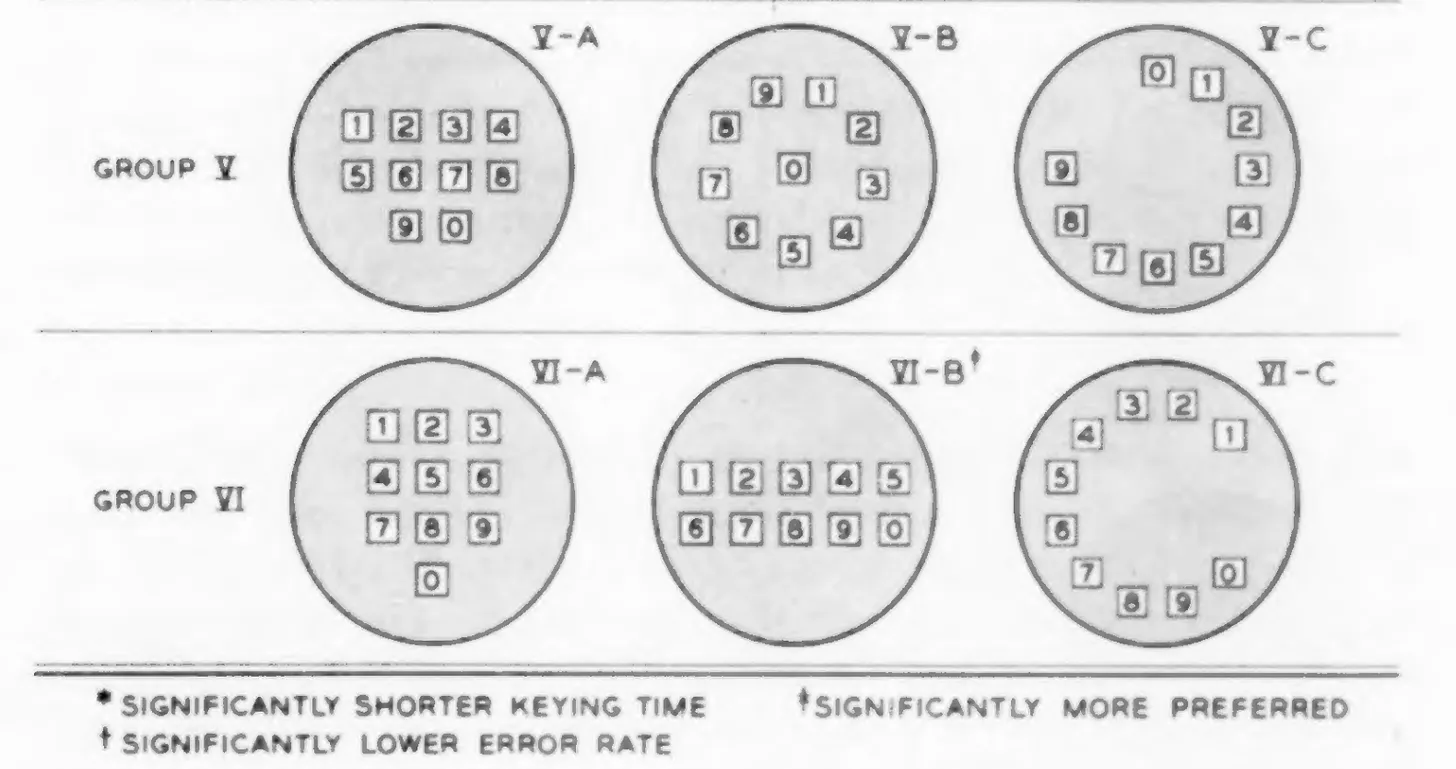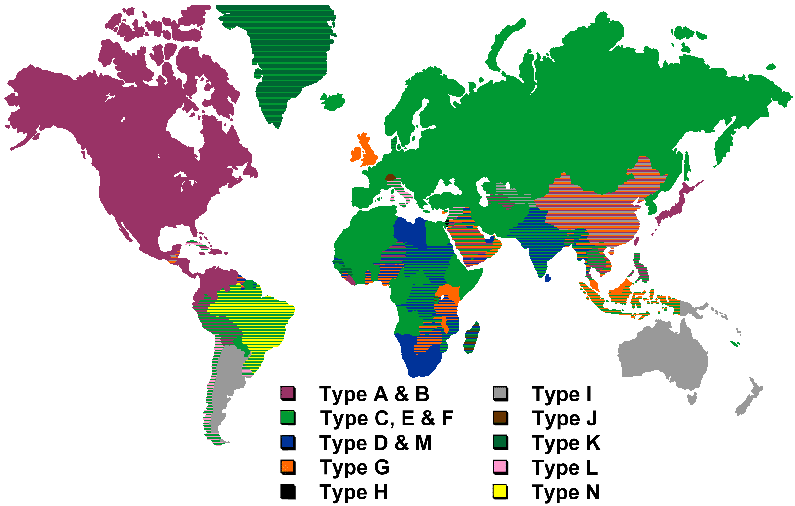Around this time last year, Delia Rodríguez said that publishing is the most incredible thing one can do on the internet. Inspired by her and by Javi Santana’s latest post, I decided to kick off the year by sharing a compilation of references I collected during 2023.
This way of starting a newsletter may not be perfect, but at least by the end I will have drawn the fucking owl.

Happiness
I agree with Delia: making stuff and sharing it makes me happy. But what’s happiness? I clipped a perfect definition by Alejandro Zambra (translation mine):
They say that’s happiness: never feeling that it would be better to be somewhere else, never feeling that it would be better to be somebody else. Another person. Someone younger. Older. Someone better.
I had read Poeta Chileno back in 2022, but credits to Beatriz Serrano for picking up on this quote before I did.
Pioneers
Things that we now take for granted were once created by someone.

Bell Systems tested more than 15 keypad layouts for speed, accuracy and preference before settling in on the now ubiquitous “Three-by-three plus one” numeric keypad.
Similarly to nowadays “lean” usability studies, they did so internally, picking groups of six employees. And this was forty (40) years before Jakob Nielsen’s five users rule. (Fun fact: also out of Bell Labs came the 90/90 rule you’ve probably heard me joke about if we’ve worked together).
Origin stories
Dee Hock was given 90 days to launch the BankAmericard card (which became the Visa card), starting from scratch. He did. In that period, he signed up more than 100,000 customers.
Instagram had 13 employees when they were acquired by Facebook for $1 billion. They had 30 millions users at the time.
I enjoyed going through these compilations of great achievements done in short amounts of time and/or by small teams, and they were useful on a couple of team meetings where we were aligning on yearly goals so ambitious that seemed impossible to accomplish with the resources at hand.
I like origin stories, and throughout the year I clipped the origin of Spotify’s popular metaphor for “Minimum Viable Products”, the brief for Twitter’s logo (RIP), the origin, in 1931, of the concept of Product Management, and the invention of the word “Normcore”.
Trophy jobs
Last July I realized I was not going to be very happy at a very high status position I had been promoted to, and I went through the privileged, yet not very nice experience of quitting my job.
Anu Atluru’s Trophy Jobs piece helped me better understand my motivations.
My rough heuristic for measuring this is the status-to-substance ratio: A 1:2 ratio or smaller is safe (i.e. not a trophy job). A 1:1 ratio is entering dangerous territory. Anything greater, e.g. 2:1 ratio, is firmly in trophy job territory.
High performing teams
I used to have a boss who liked to tell other managers that we were “not a team, but a group of people working together”. He did so with good intentions, but I think all of us had a hard time understanding just what he meant and how to change the situation, thus the message had little impact.
My time in between jobs allowed me to collaborate with a bunch of new people from more diverse backgrounds. It was thanks to Luis that I discovered Katzenbach and Smith.

They do a great job defining high performing teams vs working groups, and breaking down factors for developing team performance.
Developing team performance is therefore dependent upon the project manager, programme manager or team leader enabling six key factors:
- Small enough in number
- Adequate levels of complementary skills
- Truly meaningful purpose
- Specific goal or goals
- Clear working approach
- Sense of mutual accountability
Had I come across these references earlier, I could have brought them to the conversation.
Building together
I clipped this framework to figure out equity split between founders, because who knows.

I clipped this interview with Jesper Kouthoofd, the founder of Teenage Engineering, a company that makes electronic products with an impressive level of quality and an enviable taste:
We only want to make great products and when you don’t focus only on making money and have reached a certain level, everything becomes about quality. Right now, there is a certain cultural fascination with fast growth, IPOs and so on, but I want to go slow, really slow and think long-term. It takes time to do good things.
Jony Ive says making great products is actually the whole point of incorporating, and what explains why CEOs should be heavily involved in the product creation process.
Great products, high quality, care, taste or craft are words that designers probably overuse. They represent concepts so subjective it’s hard to know what the speaker wants to convey and how it is being understood by different individuals, especially since we all relate to different tastes and qualities.
How does it feel to experience this level of quality and taste that one relates to? I like how Stephan Ango defines it: one feels in good hands:
I know I am in good hands when I sense a cohesive point of view expressed with attention to detail.
(…)
I can feel it almost instantly. In any medium. Music, film, fashion, architecture, writing, software.
(…)
When I am in good hands I open myself to a state of curiosity and appreciation. I allow myself to suspend preconceived notions. I give you freedom to take me where you want to go. I immerse myself in your worldview and pause judgement.
If you have a rice cooker, you probably have felt in good hands, because, from a technical point of view, it’s perfect.
I definitely clipped Brian Chesky’s interview at ConFig. I clipped some charts from Tony Fadell’s and Dina Lovinsky’s book “Build”, and I clipped the Price Sensitivity Meter, a market technique for determining consumer price preferences.
Unplugged in New York
I started the year in Paris, and I traveled to Vietnam, Sicily, New York, Budapest, and a few other lovely places around Spain.
Prepping for my last trip made me clip this map of power plugs.

Chronically late
I’m publishing this end of year compilation in January instead of last December because, well, I’m optimistic and unrealistic.
If you enjoyed reading this, please subscribe below. And know that I will keep collecting stuff over on my Tumblr.